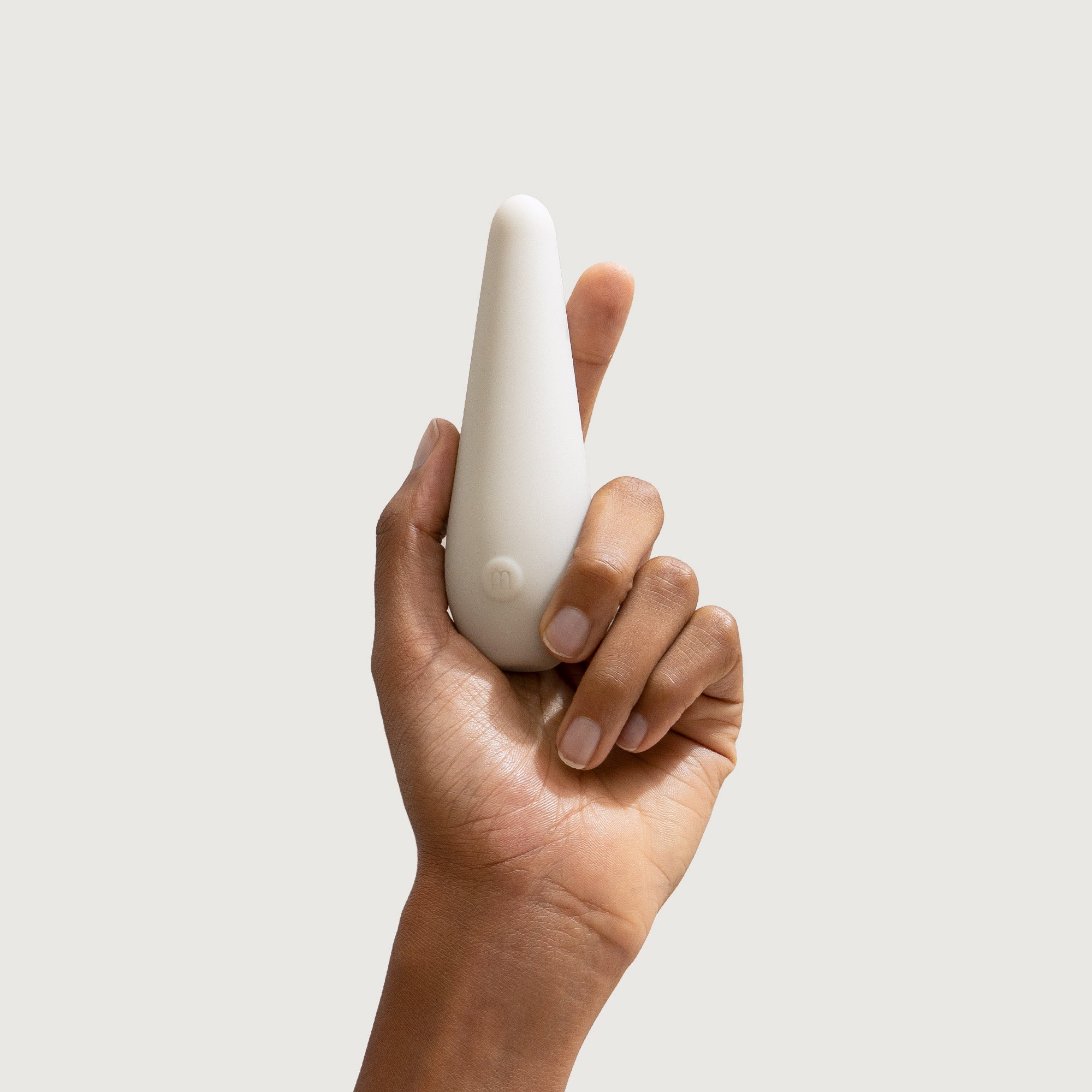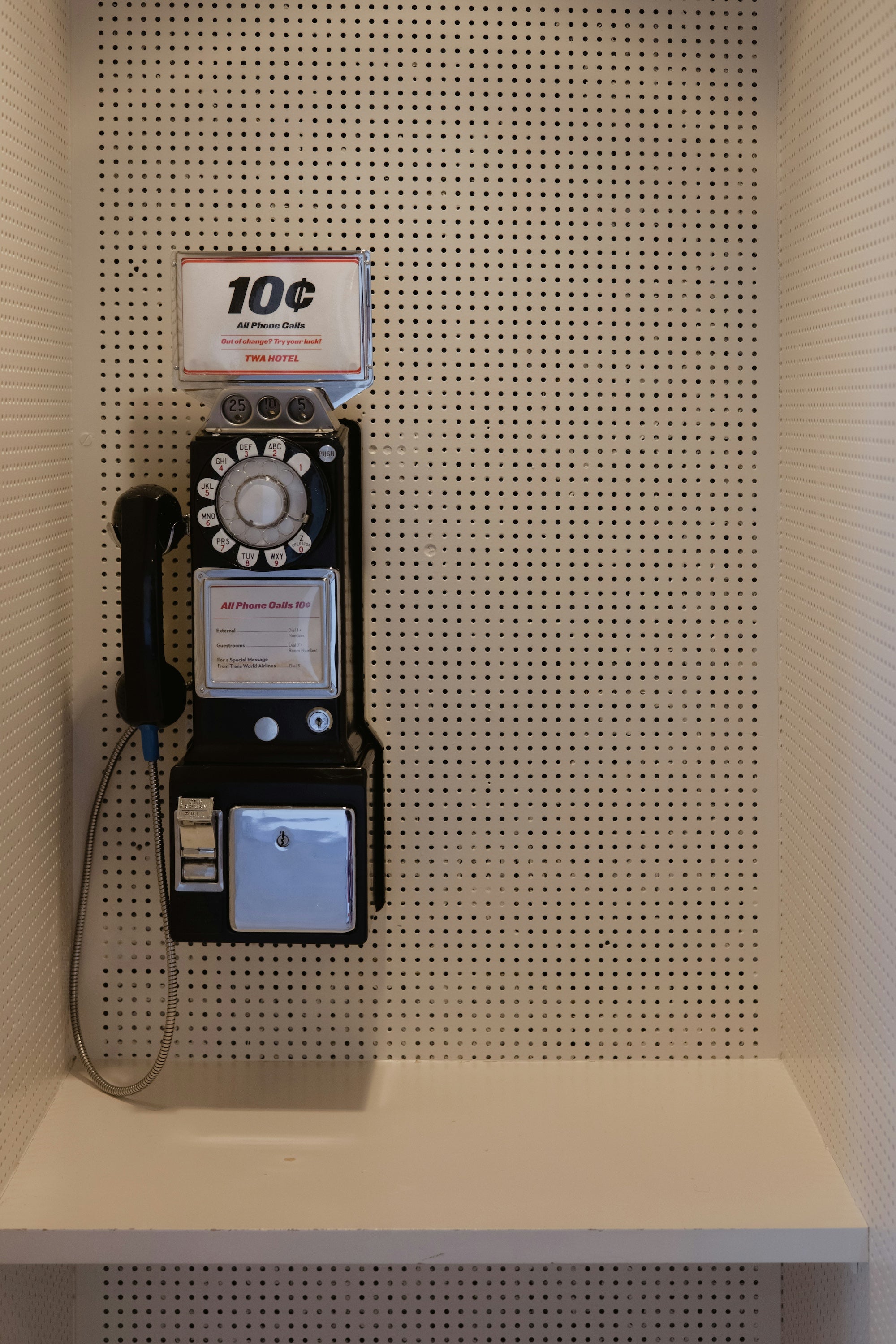The Psychology Behind Pet Names.

From “Darling” to “Daddy”.
For romantic purposes, pet names tend to run the gamut from traditional (think: “dear”) to wildly saccharine (“poopsie-kins”). They can skew historic (“beloved”) or decidedly contemporary (“bae”). They can run generic (“honey”) or pointedly personal (an ex once dubbed me “Little Foot” after an animated dinosaur in The Land Before Time). But no matter where you and your partner stand on the pet name matrix, it’s likely you opt for some terms of endearment with reference to one another. Which begs the question…why? Is there something inherently unromantic about relying on our real, birth-given names?
The short answer is no—our proclivity towards gooey nicknames has nothing to do with the allure (or lack thereof) of our actual names. Instead, it’s about the intimacy of shared language. In fact, psychologists even believe that couples who use pet names are healthier. Those terms of endearment, however cringey they may be for other people, actually work to facilitate a deeper connection. You can think of them like inside jokes: they hint at time spent together, shared experiences, a lexicon that feels uniquely and privately yours. They bring you and your person into a private universe shared just by the two of you.
Of course, that does little to explain the use of the more generic options out there—“baby” is hardly a “private” nickname in the grand scheme of things. And by that token, are we to assume that the couples with the most absurd nicknames of all are dubbed the healthiest?
While there isn’t any hard and fast scientific evidence to answer that question, there have been a number of psychological studies about the nature of such idiosyncratic language—and it does seem that the more nuanced and playful the monicker (“sweetpea” or “ma petit chou” vs. “hun”) the more likely such terms are to help you recalibrate after fights or ground yourselves as a couple in the midst of trials. Not only do they express affection, but they also communicate a levity. And as you wade deeper into a relationship, such reminders can be exceptionally valuable. Think of it as a form of “couple speak.”
Moreover, there are also researchers who believe that pet names can be something of a sexual stimulant, too. In addition to projecting tenderness, nicknames that address how we’d like to be seen in romantic scenarios (think: “precious” or “gorgeous”) can actually increase the attraction we feel for the people wielding them—which does, indeed, explain why we find ourselves reaching for (occasionally surprising) pet names in bed before they become a part of our more prosaic routines as couples.




